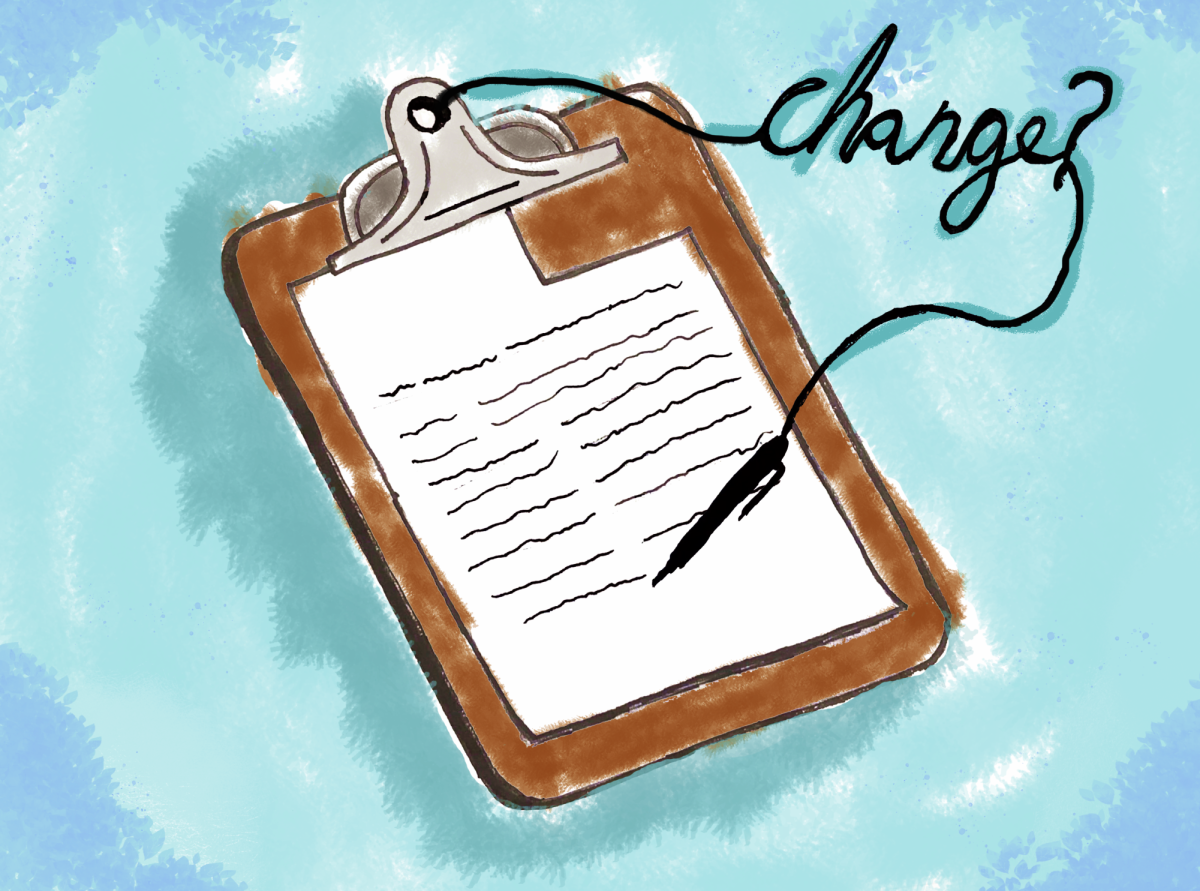For many activists in Utah, petitions are a way to get things moving in the right direction. While it may seem like a complicated process, it doesn’t have to be.
There are two types of petitions: initiative and referendum. An initiative is the proposition of a new law, while a referendum is meant to be a referral to an existing law.
Initiatives and referendums can be used in a variety of ways — on both the state and local level here in Utah.
In order to submit a statewide initiative petition — which would propose a new law for the entire state — there must be a sponsor who serves as a point of contact between the citizens calling for change and the elected representative. After receiving an initial fiscal impact report from the Office of the Legislative Fiscal Analyst, the sponsors must hold public hearings in multiple counties. Once a petition has been filed to the lieutenant governor and hits a certain threshold of verified signatures, it goes to the legislature or voters for consideration.
James Curry, a political science professor at the University of Utah, said in an email interview submitting a successful petition isn’t easy.
“Students should also know it takes a lot of work and organization to be successful,” Curry said. “It is akin to running a campaign to win an elected office.”
Earlier this year, people used an initiative to incite change in Utah — the Restoring the Utah State Flag initiative focused on changing the official state flag design in Utah back to the previous design, which had been in effect since 2011.
“Voters of Utah in favor of RESTORING THE UTAH STATE FLAG would rally Utah citizens around one flag and preserve Utah’s history,” the petition read. “Instead of rebranding Utah, it will inspire patriotism towards the state of Utah, making future residents proud to call oneself a Utahn. The proposed law requires that any future desire to change the Utah state flag must be put to the ballot for registered voters in Utah to reject or accept.”
The new state flag narrowly entered into legislation in early 2023 as S.B. 31, and was sponsored by Sen. Dan McCay.
This initiative proposes that Utah citizens be allowed to vote on the issue in the general election of 2024, and there are more than 50 sponsors working on the request, according to the flag petition documentation.
“It should have been put up for everybody to have had some input,” said Lydia Westover, one of the sponsors of the petition. “I’m bothered that they just thought that was a wonderful idea.”
She said she thinks Utahns should have been given the opportunity to vote on the issue.
“Maybe they’ll vote that they want the new flag, and that’s fine, but let them have the chance to vote,” Westover said.
As of the latest data from Dec. 4, the initiative has received 58,178 signatures. They need at least 134,298 signatures from registered Utah voters to get the initiative on next year’s ballot.
Westover said petitions like this are important so the people’s voices can be heard.
“Sometimes they do something that you just disagree with, or you’d like more information, or maybe it affects you more than it does them and so they don’t see the situation,” she said.
In that case, petitions are a great way to let lawmakers know and inspire change.
“Any of us should not be afraid to make a change if it’s needed,” Westover said. “I think it’s just always good to hear people out.”
Curry added that ballot initiatives such as this one are common in Utah but face many hurdles along the way.
“The process for getting something on the ballot is not easy, requiring many signatures from across the state, so many attempted initiatives fail to reach the ballot,” he said. “But we also see initiatives on the ballot almost every election cycle both here and in many states across the country.”
Curry added petitions are very useful in making your voice heard as a citizen.
“Ballot petitions or initiatives enable the public to have their voices heard by providing them a way to force issues and ideas onto the agenda,” he said. “In other words, if there is an issue that is being ignored by the legislature or the government, the public has a way to force its consideration directly by putting it on the ballot.”














